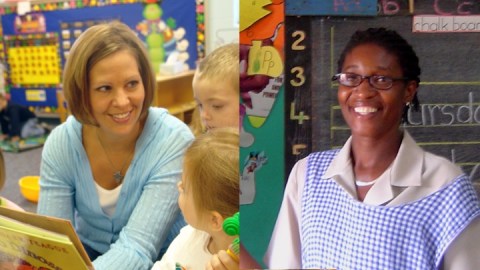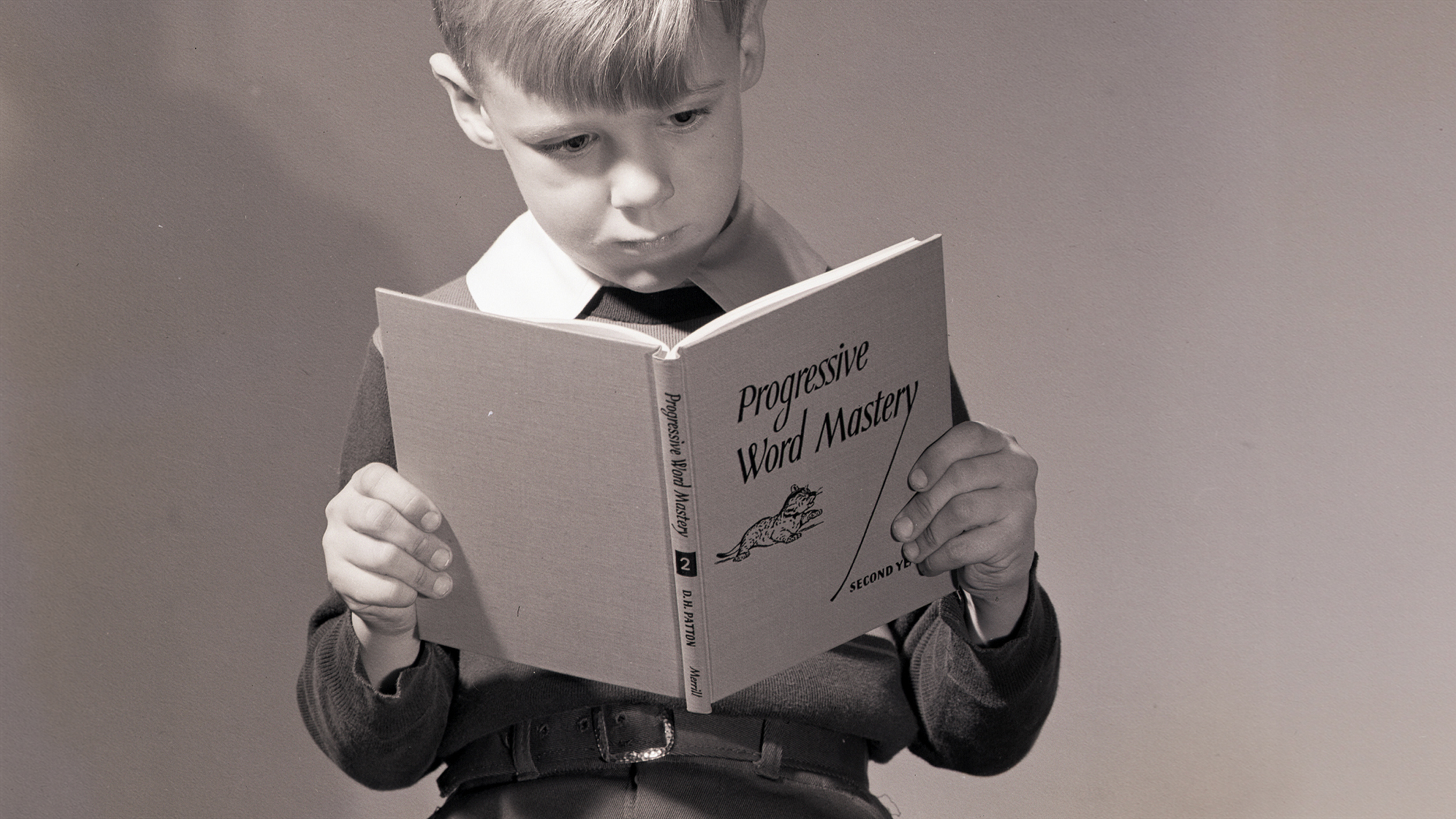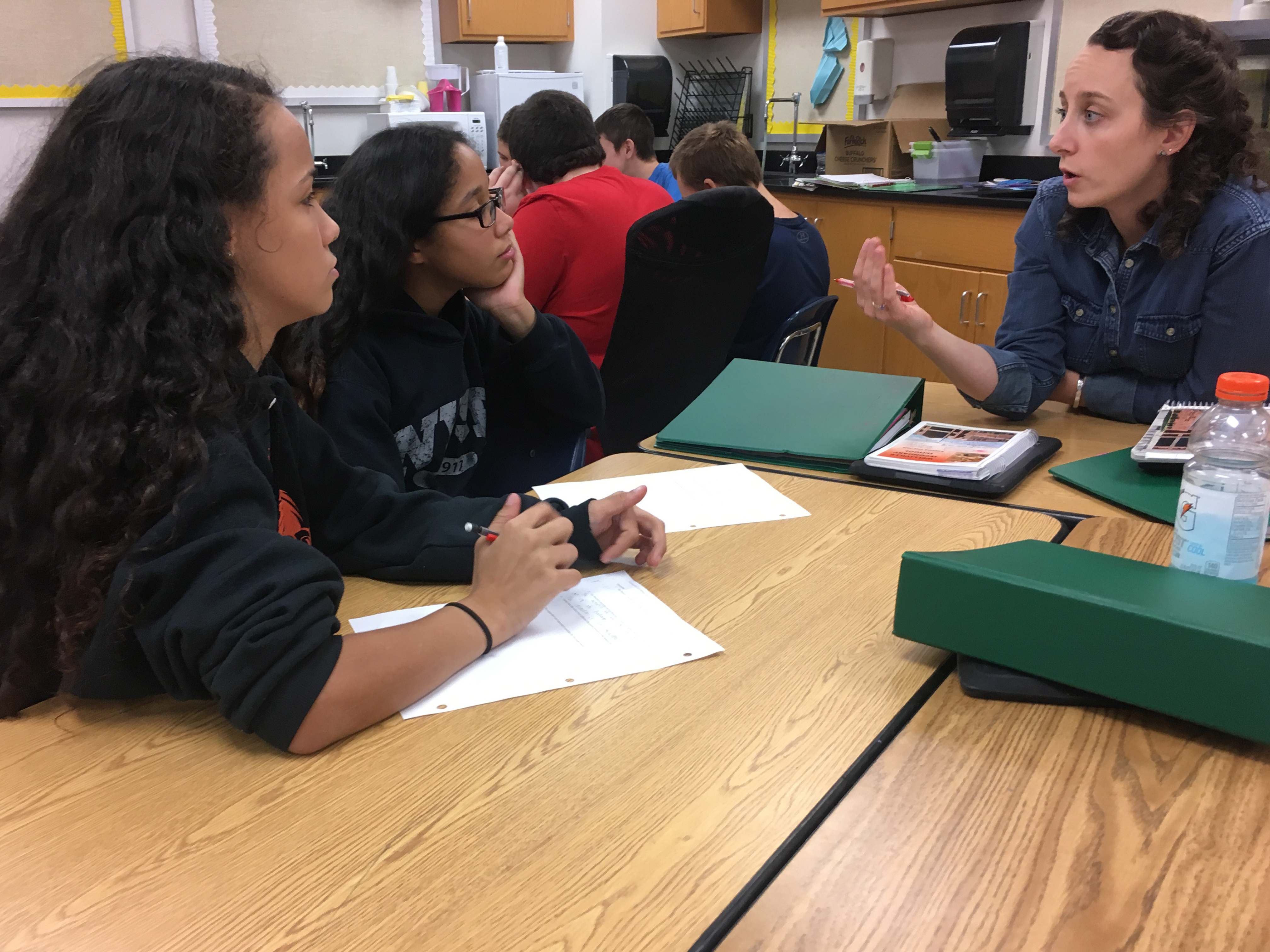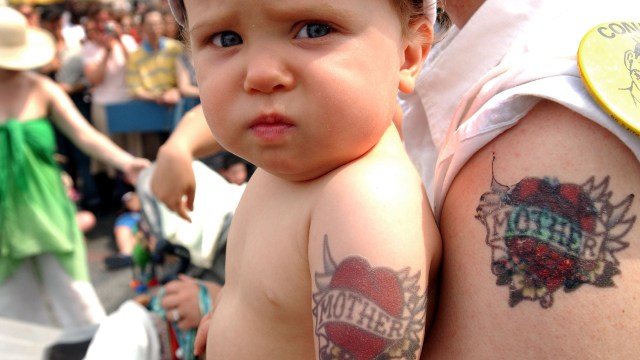White & Black Teachers Are Harder on Black Preschoolers, But Differently

As America grapples with its race problem — and the stranglehold of our biases altogether — researchers are struggling to identify the ways in which it stacks the odds against its victims, so that we can understand better the mechanics of it and arrive at some solutions. For anyone unaware of the statistics, the data confirms, unfortunately, that people who feel victimized by bias are correct. Prejudice is real, and pervasive.
And it begins early. According to the U.S. Department of Education, black students were more than four times as likely in 2013-2014 to be suspended, and twice as likely to be expelled, as white kids. Even more troubling, black preschool kids are 3.6 times more likely to be expelled than white students. At preschool age, boundary-testing is normal, so what could these children be doing that’s so exceptionally bad? Nothing, as a just-released study makes clear. “Implicit biases do not begin with black men and police,” says Yale professor Walter Gilliam. “They begin with young black boys and their preschool teachers, if not earlier.”
Yale School of Medicine’s Child Study Center has just released Gilliam’s first-of-its-kind report called Implicit Bias in Preschool. (Implicit bias is typically an unconscious bias, which makes it difficult to pin down and study.) The report involved two tests with 132 preschool teachers. 93.9% of them were women, 66.7% identified as white and 22% as black. Most were classroom teachers (68.2%).
In the first test, researchers used an eye-tracking system that records where a subject is looking at any given moment. The team monitored preschool teachers as they watched a dozen 30-second video clips of white and black preschoolers in typical class settings. The teachers’ challenge was to spot misbehavior as quickly and accurately as possible. The test was rigged in a way: None of children, all actors, misbehaved in any way — what the researchers really wanted to know was who the teachers kept an eye on most closely.
The preschool teachers watched the black students more, especially the little boys. According to Gilliam, the results suggests that “that preschool teachers may hold different expectations based on the race of the child.”
In the second test, the teachers were presented examples, or “vignettes,” of challenging behaviors in four-year-olds.
The behaviors included typical preschool issues like not sharing or not being willing to wait for a turn, trouble napping, being disruptive in class, name-calling, scratching other children, and so on. Some of the vignettes included family background information, some didn’t. The researchers developed and present to the teachers a balanced set of vignettes in which the only thing differentiating the children was their race as implied by their name and/or background.
The teachers were asked to assess the severity of each child’s behavior, and suggest the appropriate response. Once again, the teachers considered the black male children’s behavior to be worse than anyone else’s. This lines up with earlier research that showed teachers punish black students more readily.
The remedies they proposed varied, however, depending on the teacher’s race: The black teachers recommended harsher punishment for all misbehaving kids, regardless of race, than white teachers did. Gilliam notes that other studies have found that black parents — and, it seems, black teachers — feel a “need to prepare children for, or protect them from, a harsh world.”
Overall the picture is pretty clear, and, says Gilliam says, “Greater scrutiny of black students … may contribute to the increased likelihood of preschool expulsions and suspensions with black children, and black boys more specifically.” If you’re one of these children, this implicit bias sends a harsh message about what the world expects of you.
We hear a lot these days about various forms of “privilege,” which basically refers to the idea that Person 1’s problem is so foreign to Person 2’s experience that Person 2 doesn’t believe it really exists. But studies like Yale’s make it clear to anyone blinded by white privilege that racial bias is everywhere, that it’s complex, and that it’s a lifelong reality for its victims. Even when they’re only four years old.





